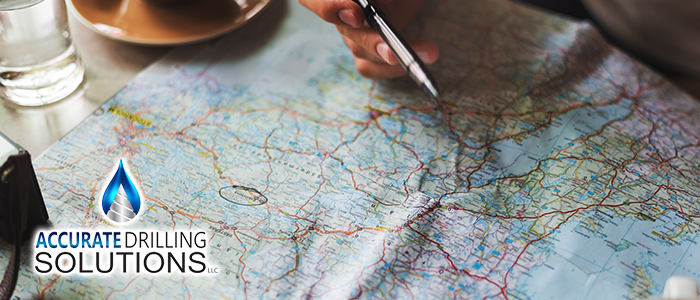Are Wells Good for Remote Locations
In some remote locations, obtaining potable water can be a major challenge. Sometimes a well is the only way to get drinkable water out in the boonies. The good news is that no matter where you are, you will probably be able to find a place to build a well. The thing that complicates this is that location will be beyond essential. The well doesn’t only have to yield safe, drinkable water. It has to be somewhere convenient, safe, and elevated. If you happen to live in a far-off place that needs water, here are some tips to help you pick a good spot for your well.
Research Other Wells Nearby
A good drilling company will be able to tell you if there’s nowhere to put a well on your property. Even if there’s no place on your property, neighboring lots may have a suitable location. Of course, you will need the permission of your neighbor to build a well on their property. You may also want to offer financial compensation or seek some other arrangement.
Avoiding tunnel vision is very important to pick a location for your well. Some homeowners have denied themselves a great water system because they couldn’t have their well right where they want it. Don’t let that be you. More likely than not, you’ll have a spot on your property for a well, but the possibility of having to place it elsewhere does exist.
If your neighbor allows you to build a well on their property, make sure you get the agreement in writing. This will help you make sure you get the right of way to the well. Without this written proof, you could lose access to the well should anything go wrong. The right of way will ensure you can access the well whenever you need it.
Places to Avoid Putting a Well
Even the most remote, out-of-the-way places can be good spots for a well. That said, there are places on your property you don’t want to put one. For example, you don’t want your well too close to animal pens or septic tanks. While soil can naturally filter out fecal matter and bacteria as water moves through it, it takes space to accomplish. If your well is too close, the soil won’t finish filtering it. The distance away depends on a variety of factors.
These include the distance between septic drainage fields and the water table, the soil type, and flow direction. The professionals at Accurate Drilling will know exactly how far away your well needs to be to avoid contamination.
Lastly, avoid any stretch of land with large surface rocks. Surface rocks are often the smallest rocks in an area. You’re guaranteeing a long, expensive process by drilling down into stony earth. Rocks take longer to drill through and may shift later and potentially damage your wellness. Small pebbles and gravel aren’t problems, but rocks bigger than your head will create issues.
Well water is one of the most important lifelines to those living far from civilization. By picking the exact right location and working with professionals, you ensure that you never lose access to crisp, clean water.
